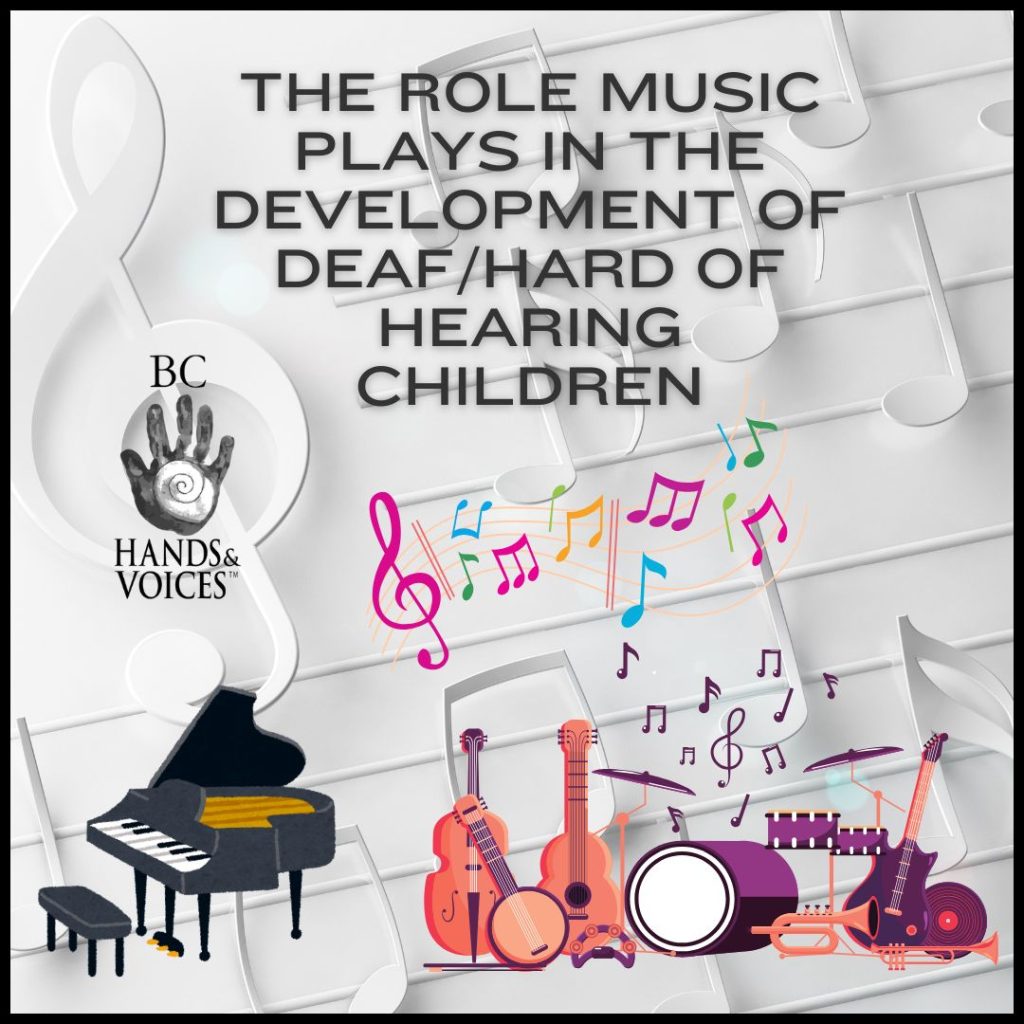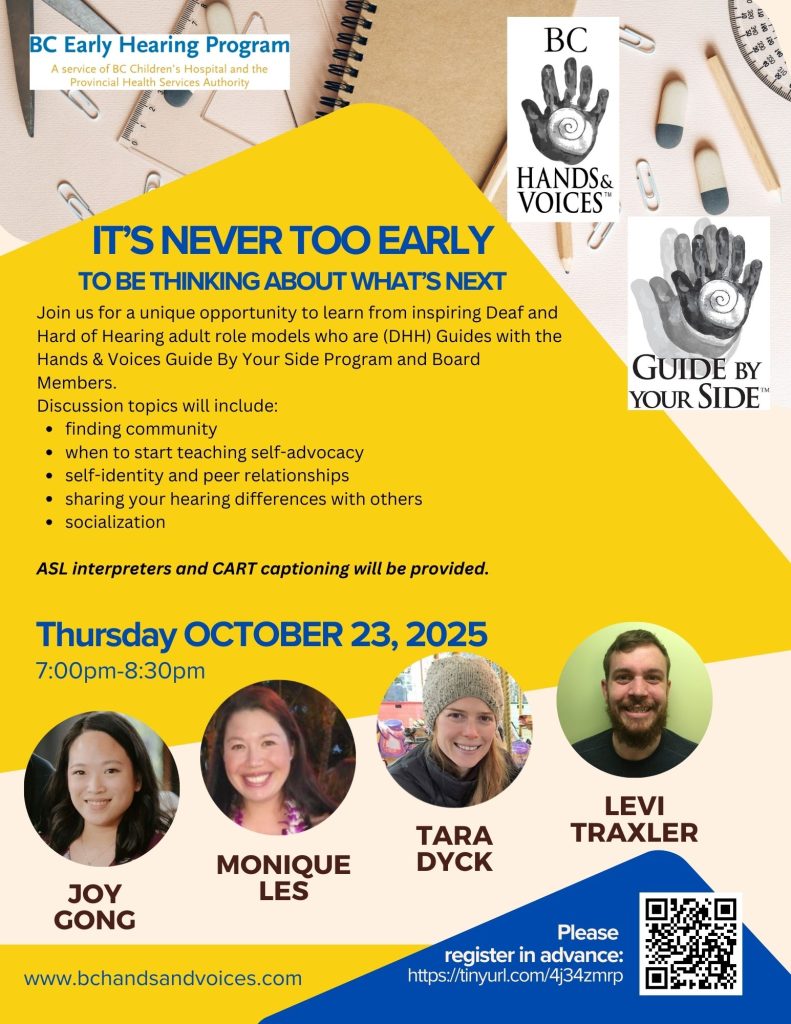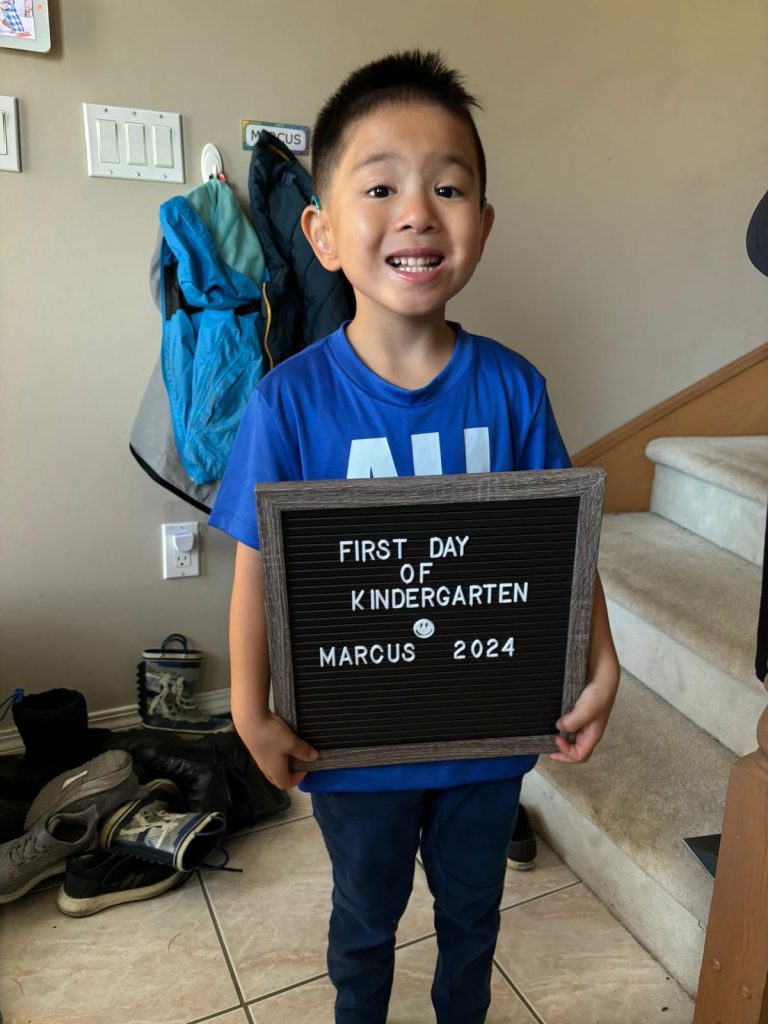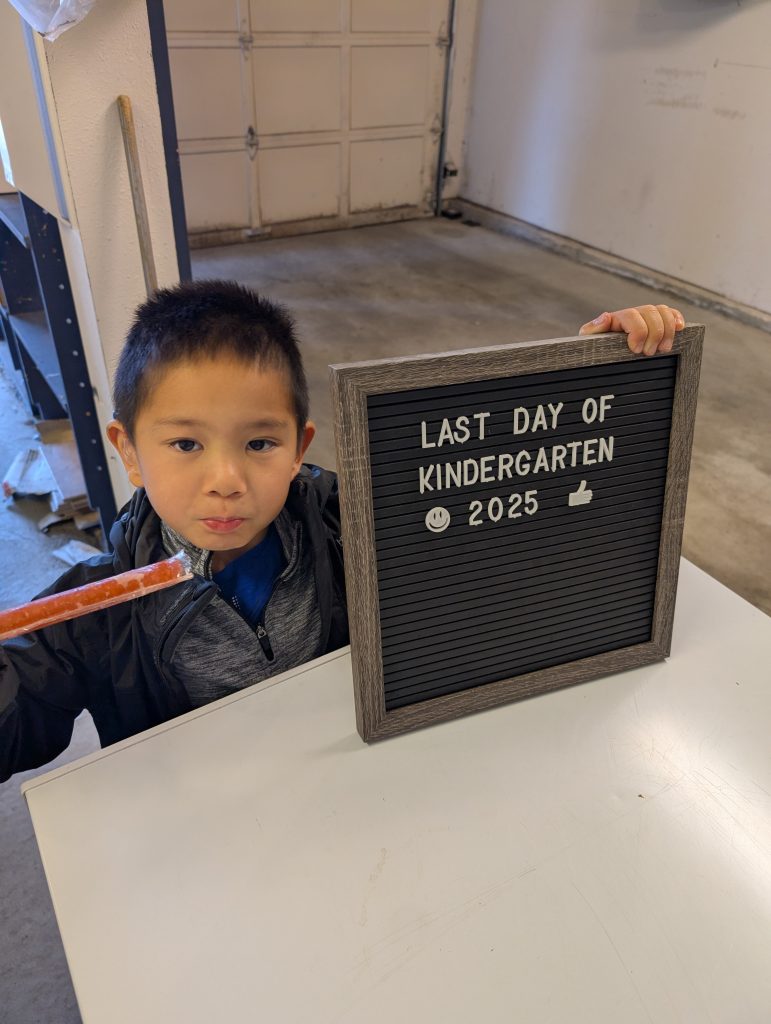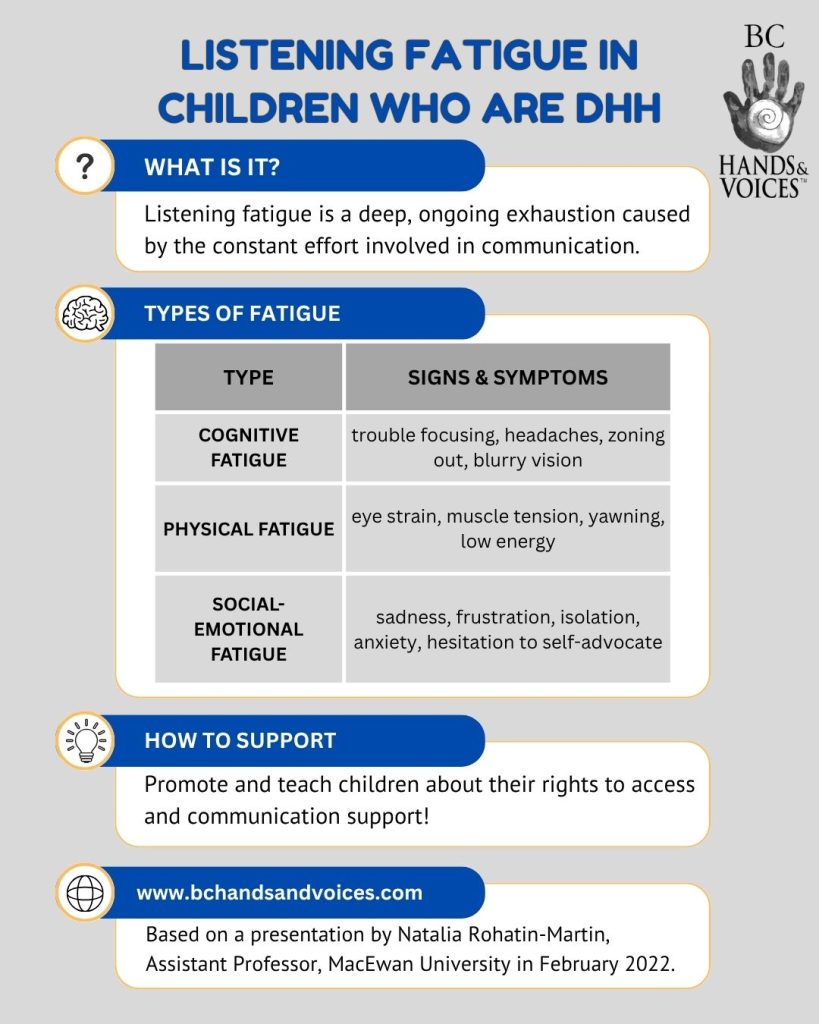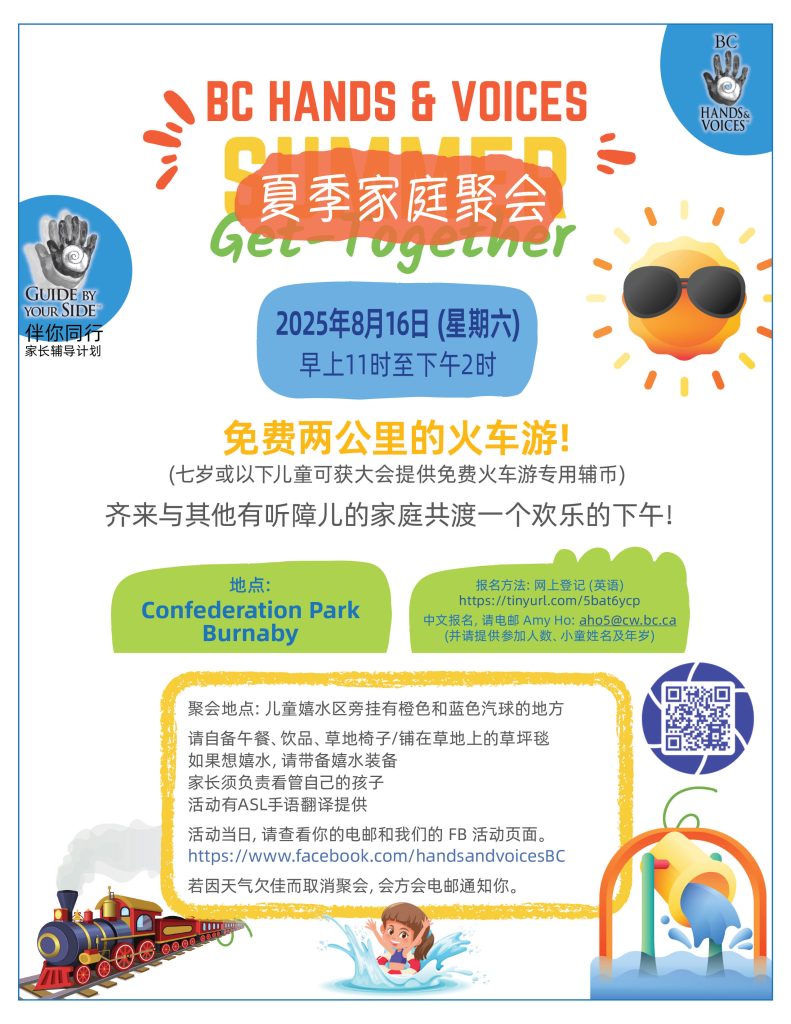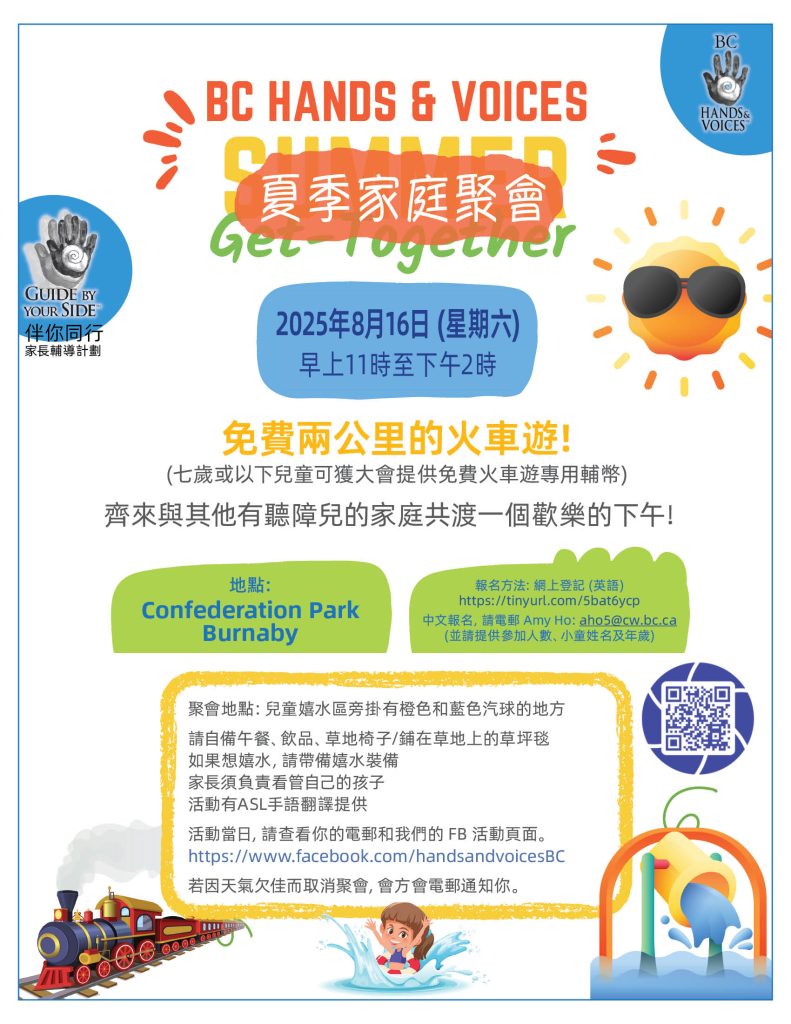By Jen Gow
I had the privilege of volunteering at the Invictus Games in Whistler this past February. My family and I are involved in the cross country ski community and I often officiate at races. You can usually find me at the start line, helping to set athletes up for a strong start to their race. The Invictus Games were a perfect opportunity for me to put my skills to use.
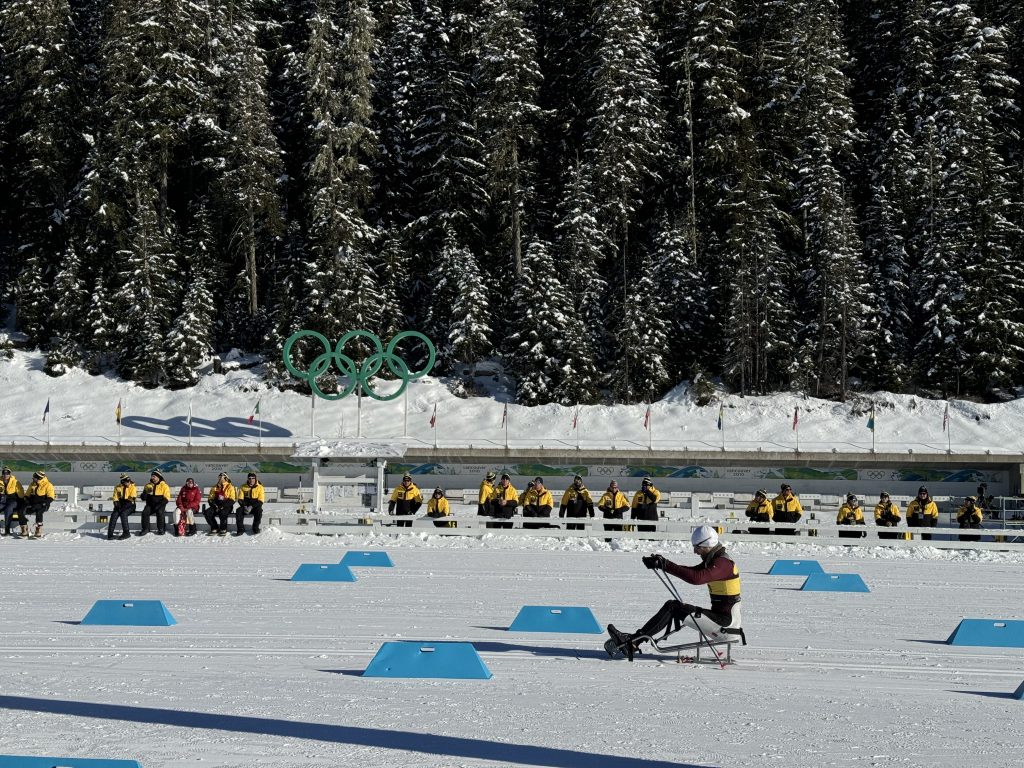
The preparation for an international event like this takes a huge commitment from a large number of people; a process that starts years before and intensifies in the months and then the weeks leading up to the event itself. My role was small; nevertheless, I had to sign up many months in advance, go through safety checks and Invictus Games training, in addition to the technical sports officials training I already held.
The anticipation was palpable in the days leading up to the cross country skiing and biathlon events I was helping with. Mother Nature delivered outstanding conditions, with pristine snow and perfect cold sunny winter weather. Participants took part in a practice and orientation day prior to their events so they could ski the course and try the rifle shooting range. While some were experienced skiers, for others it was their first time on skis! Not only were they putting themselves out there to try something new, they were doing it while being filmed for worldwide TV coverage!
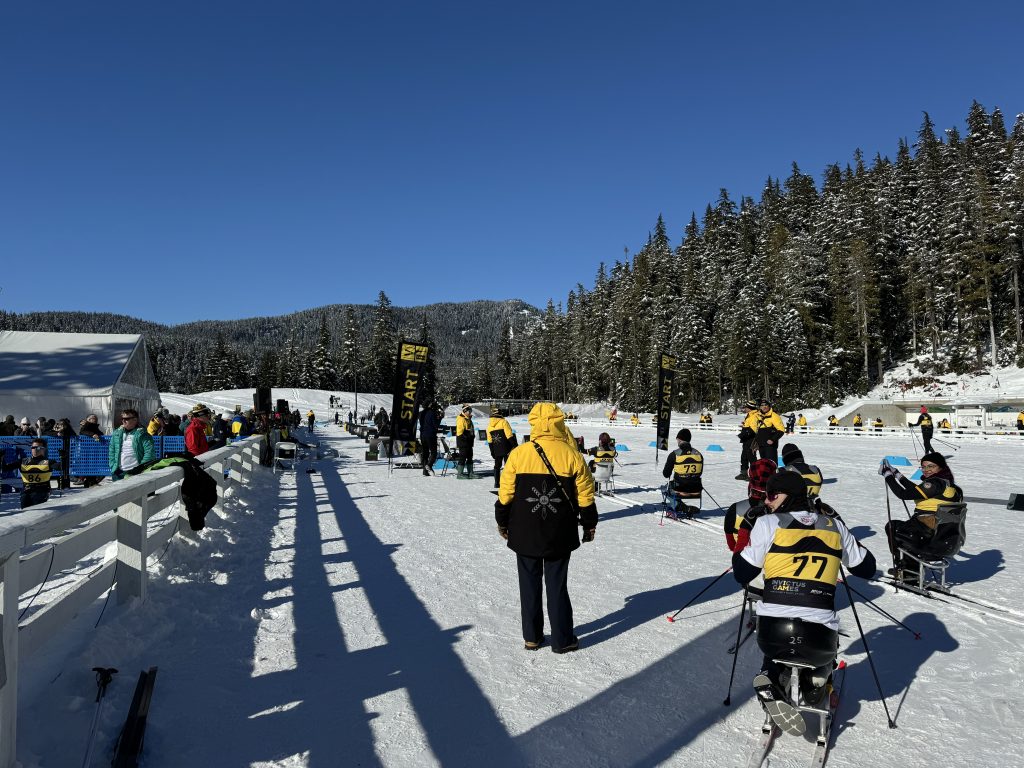
Cross Country Skiing was the first event, where skiers were challenged to push themselves through demanding conditions using adaptive techniques. Biathlon followed, with its skiing and rifle shooting stages. How many of five targets are missed determines the number of penalty loops an athlete has to ski. I believe biathlon was the most popular event at the Games; perhaps not a surprise given the shooting skills of many of the participants.
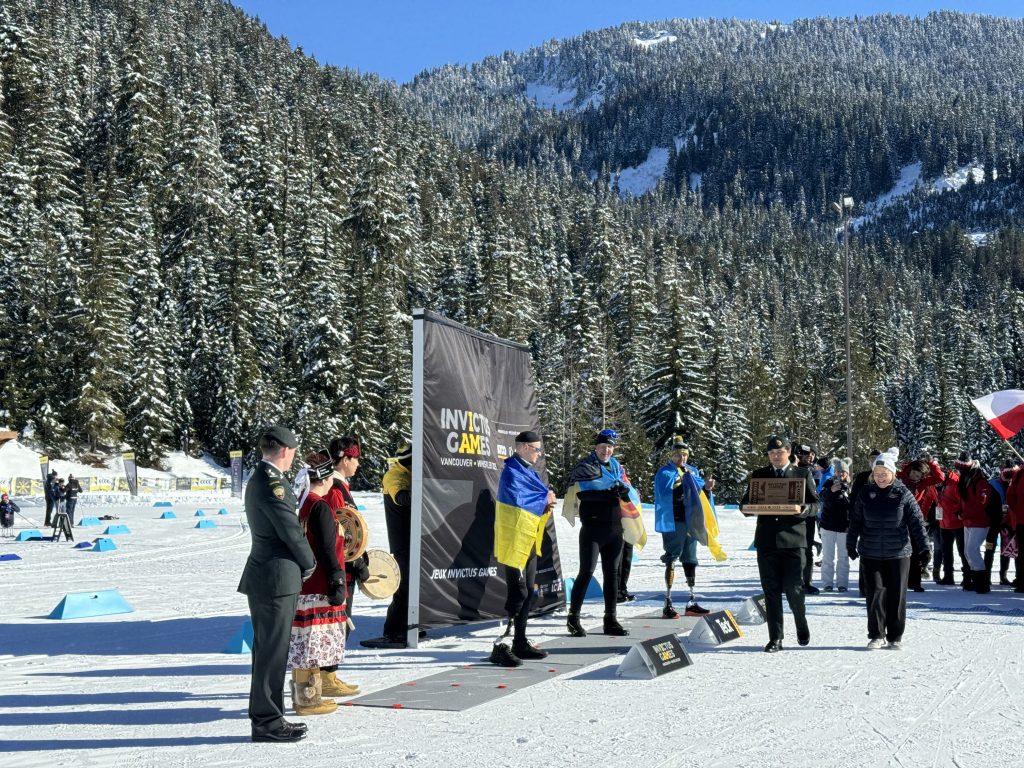
Reflecting on my experience, it struck me how many parallels there are between the Invictus Games and Deaf and Hard of Hearing community events, with both creating valuable opportunities for low incidence groups to come together to create community.
When I spoke with the chairman of the Invictus Games, Lord Allen of Kensington, he shared with me that one area where the Games have their biggest impact is breaking down isolation and loneliness by creating opportunities where participants can come together. By doing this in settings where barriers have been removed, participants can test their true limits and rediscover their confidence and self-worth.
Like the wounded, injured and sick service members participating in the Invictus Games, our d/deaf and hard of hearing (dhh) children are not alone. Our families may not live on the same street, in the same neighbourhood or even in the same town but there are many of us spread across the province and beyond. We may not get the chance to ‘bump into’ one another so we need to make a concerted effort to bring our children and ourselves together.
The Invictus Games reminded me of the value in doing that. At our local, regional races, there are often just a few para-athletes; perhaps two or three sit skiers and one or two visually impaired skiers. At the Invictus Games, however, I had the pleasure of seeing these athletes together in large numbers where they were no longer the minority. The sense of belonging was palpable. I’ve experienced the same at DHH events; feelings of aloneness are broken down, sense of self is boosted and self-esteem and confidence are given a big helping hand.
As well as bringing the participants together, it also created unique leadership opportunities for local para-athletes, who led the forerunning teams that went out prior to each race to smooth the ski tracks, and who coached the sit skier participants. Similarly, DHH events can create leadership opportunities for DHH adults and youth to be role models to our younger children; people just like them who they can look up to and be inspired by.
The Invictus Games events were set up to be fully accessible to participants, with attention given to every detail, be that adjusting the height of gates at the start line, doing away with podiums for medalists, or providing sit skis, guides and interpreters. By removing barriers to participation and creating an inclusive environment, all participants were able to participate to their full potential. The resulting atmosphere was electric; I could literally feel the buzz of the excitement, joy and exhilaration from the participants. Likewise, ensuring DHH events are fully accessible lets our children know what inclusion really feels like, and helps them to explore their full potential.
An aspect of the Invictus Games I had not been aware of was that each participant is able to bring two support people with them, be that family, friends or care workers. This holistic model not only supports the participant themself but can bring about healing and reconciliation for all, and a broader feeling of community that includes those they love and those who are important to them. Including other family members in events for our DHH children can also help to foster understanding and inclusivity, and promote family well-being.
The part of the Invictus Games I was involved with was over in a few short days but it was obvious that their impact would last much longer; the events were a launch pad for connectedness, belonging and self-discovery. Regularly attending DHH events with our children can have a similar impact on them.
Just like the Invictus Games, creating events for our deaf and hard of hearing children takes commitment to put ideas into action. Events often happen thanks to dedicated individuals supported by an army of volunteers. Taking part in the Invictus Games reminded me of the value in making time to be part of these events for my DHH child and my family, whether that’s helping to organise or host an event, or to take part in it. Life can often feel full and creating that space isn’t always easy but the Invictus Games reminded me of the importance of being intentional about taking part in DHH community events. I hope you’ll join me!





